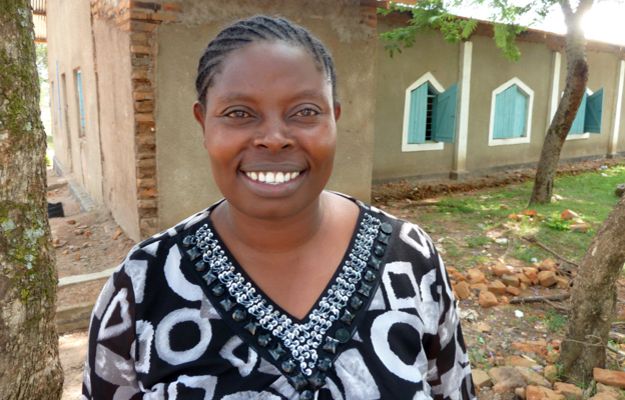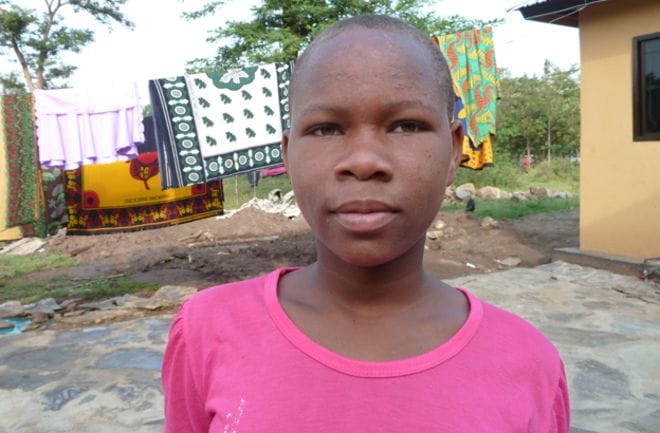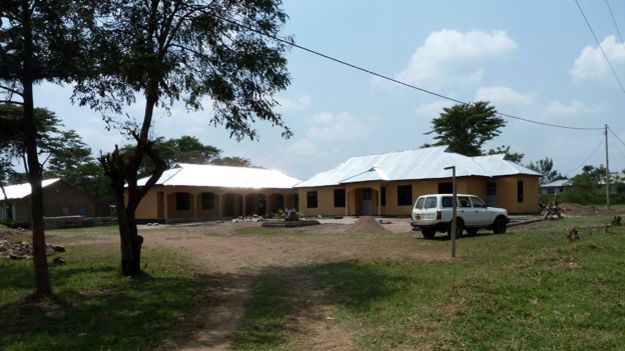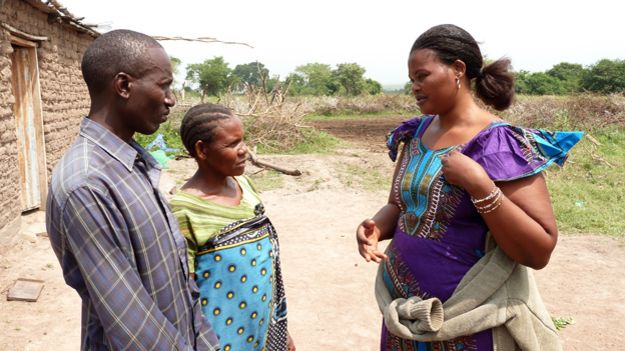These days, Tanzania is making international headlines for the murdering of albinos, with even President Jakaya Kikwete focusing his monthly March address on the topic. However, with “cutting season” in full swing in the country, female genital mutilation (FGM) is what is on the minds of parents — and their daughters. And for those daughters who are trying to make a better life for themselves, fleeing to a new safe house in the region could make the difference between life or death, according to a report from the BBC.
RELATED: TANZANIAN OFFICIALS CRACK DOWN ON ALBINO MURDERS, NEARLY 260 WITCH DOCTORS ARRESTED
Keep Up With Face2Face Africa On Facebook!
Rhobi Samwelly (pictured) is the coordinator of the safe house, which is located in the northern region of Mugumu and funded by a number of churches and a local mosque.
To Samwelly, the necessity of the safe house is dear to her heart, because she was forced to undergo FGM at the age of 13.
Afterward, Samwelly nearly bled to death.
Therefore, “cutting season” drawing near, Samwelly was in a race against time to get it ready for the girls who will refuse to accept the lives that their families and communities are impressing upon them.
For the Kurya people — as with many tribes that practice FGM — the benefits of the practice translate into economics: Families receive higher dowries when a bride is known to have been cut. Subsequently, families use the cows to either send their boys to school or make them more attractive to potential brides.
And such is the case of 15-year-old Nyangi (pictured top), whose father voluntarily brought her to Samwelly’s safe house to protect her from her brothers who want to use her dowry to make them “more attractive” to potential wives.
Nyangi’s situation shows how complicated the fight against FGM can be.
In fact, her father insists that even though he has tried to educate his sons repeatedly about the dangers of FGM and how they need to find their own paths to success, they refuse to listen.
“I don’t want Nyangi to get a husband until she is 28 or 30,” he says. “I would like her to train to be a nurse.”
Fourteen-year-old Veronica (pictured) hid in the bush — even with the threat of hyenas lurking nearby — after her father locked her up for two days as “he looked for a circumciser.”
Before locking her up, her father had beaten both her and her mother for refusing to accept FGM.
“My parents said I should be cut because I’d finished primary education and reached maturity. They wanted me to marry. I told them I didn’t want to. That infuriated my dad.”
“My father started beating me, and that’s when I decided to run away. He said I should have FGM so I’d get a bigger dowry. Those five cows would be sold to pay for my younger brother’s boarding school.
“I said, You should allow me to go to secondary school first, then I might be successful and help the rest of the family. My mother intervened between my father and I, and that made him so angry he lashed out at her with kicks and blows. I was terrified,” she says.
Luckily, a volunteer found out about Veronica’s case and was able to rescue her from the bush and put her on a bus to the safe house (pictured).
During the six-week cutting season of the Serengeti District, Samwelly’s safe house holds 134 girls who have said no to FGM.
But obviously, not every girl makes it there.
“We got a call to say there were seven girls hiding in the bush,” says Samwelly. All of them had fled the circumciser.
“We set out to pick them up in the safe-house car. But our car is old and it broke down. We couldn’t get to them in time, and their parents found them. Two managed to escape again and make it to Mugumu, but five of them were forced to undergo FGM. It was very painful for me because I failed to support those girls.”
For those that do make it to her safe house, though, Samwelly sends out social workers like Sofia Mchonvu to educate their families so the girls can return home after cutting season.
Mchonvu (pictured right) is sent out to speak directly with Veronica’s parents.
She is greeted cordially by Veronica’s parents outside their mud-brick house. They are delighted to hear their daughter is well.
“It’s only pressure from the wider family, and our culture,” explains Mokiri, Veronica’s father, when confronted with Veronica’s story.
He says now they are aware of the dangers of FGM.
“We will no longer follow those customs and norms. This is a new family now. We will protect her.” And he promises not to force Veronica’s younger sisters to undergo FGM either.
Even so, Mchonvu does not believe the time is yet right for Veronica to go home.
At the end of this year’s cutting season, while many return home from the safe house, Veronica and Nyangi stay with Samwelly.
Veronica is learning skills like tailoring and cooking, and Nyangi is attending secondary school – not compulsory in Tanzania, and something many children dream of. Thirty other girls remain too.
How many casualties does this cutting season bring: 15. And for those who survived, they now face a life-long battle with health problems.
Read the rest of the “Safe House” feature here.
















